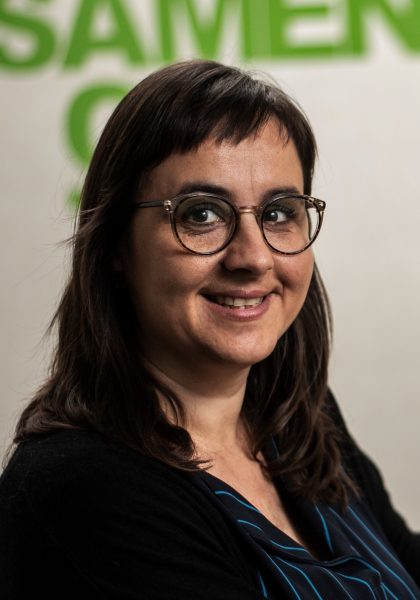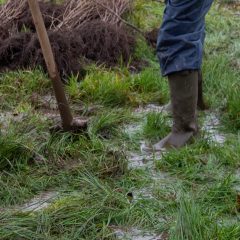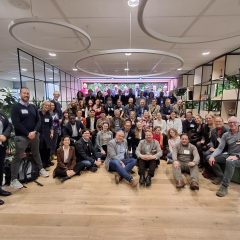Research project Systemic Innovatinos for a zero waste supply chain

General introduction
In the ZeroW project we want to tackle food losses throughout the chain by developing nine concrete innovative solutions. These solutions each focus on a different aspect of the food chain and often start from a new technology to produce, process, distribute, package or control food. However, the technological implementation alone is not sufficient to effectively reduce food losses. The central question is therefore how we can embed and scale up these innovations in the existing food system. The ambition of the project is to develop all-encompassing solutions that can be applied in different regions to reduce food loss and food poverty.
Research approach
Within ILVO we contribute to this in various ways. For example, we are working on a flexible processing installation for fruit and vegetable surpluses, which is one of the nine innovative solutions. On the other hand, we also provide the necessary tools and systems to support such innovative solutions in general. Thanks to the systemic innovation readiness level assessment, the pilot projects can monitor their evolution for different dimensions and adjust where necessary. Examples of relevant dimensions required within a systems approach are: alignment with legislative frameworks, business and value chain logic and behavioral logic. In this way we stimulate systems thinking and we avoid a one-sided technological solution with limited implementation options. Finally, via the Data Space we provide an open, transparent and reliable model for sharing data about food loss with the right partners in the chain. Specifically for the flexible processing installation, available residual flows could be matched via this Data Space with the available processing capacity and the correct recipes.
Relevance/Valorization
Food loss is a very big problem: 20% to 33% of the food produced is wasted and this generates 8-10% of global greenhouse gas emissions. Reducing food loss also appears to be very difficult, as this percentage has hardly fallen in recent years. Research has already been done into the influencing factors and the lock-in effects. This shows that food loss is a 'wicked problem' and therefore requires action from several actors at the same time. Within the ZeroW project we try to involve all relevant actors in order to develop effective solutions for food loss.








